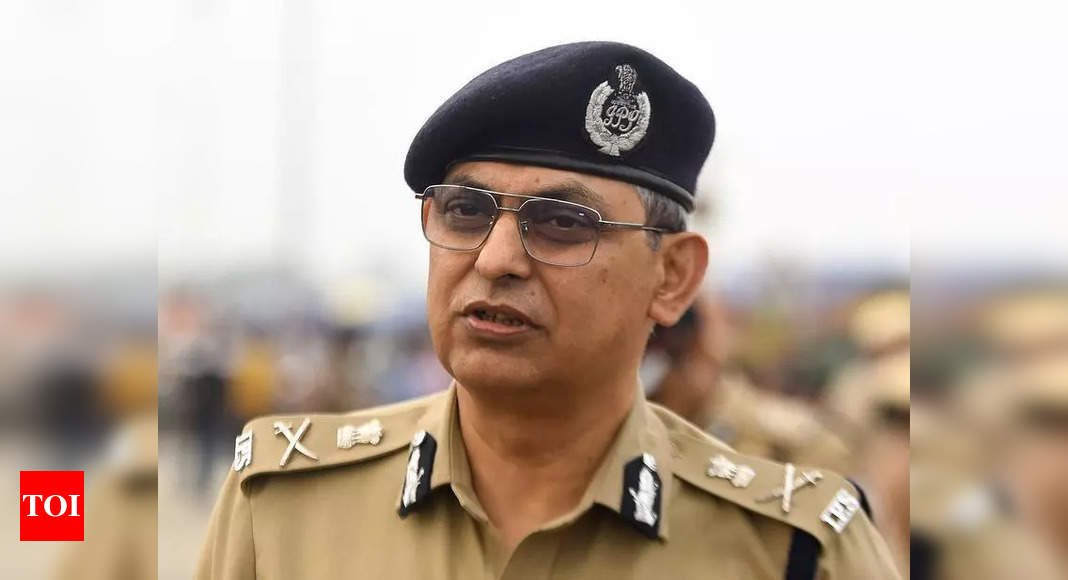DGP Orders Strict Action Against Rowdies, Warns of Consequences for Inaction
Police Told to Crack Down on Anti-Social Elements
In response to a surge in serious crimes across Tamil Nadu, the state’s director general of police, Shankar Jiwal, has issued a warning to officers. The warning states that failure to take strict measures against anti-social elements and thugs in their areas will result in consequences. This circular comes after the recent murder of a retired sub-inspector, Zakir Hussain, in Tirunelveli. Hussain had filed a complaint expressing fear for his life a few months earlier and even posted a video on social media about his concerns.
Public and Political Uproar
Zakir Hussain’s murder has caused widespread public and political outrage in the state. Chief Minister M K Stalin has promised the state assembly that those responsible for the murder will face legal action. “No one will escape from the court of law,” he declared.
Systematic Plan to Combat Anti-Social Elements
“We have issued instructions on a systematic approach against anti-social elements who have come to adverse notice,” said a senior officer. Police have been instructed to monitor social media and alert officers about posts like the one made by Zakir Hussain. Punishment will be given to officials who fail to act against the named suspects.
Organised Crime Intelligence Unit Gathers Information on Active Rowdies
The Organised Crime Intelligence Unit at the DGP’s office is collecting information on active rowdies. Specific warnings have been given to those providing shelter to anti-socials, whether they are businessmen or politicians, stating that action will be taken against them.
- DGP Shankar Jiwal issues warning to officers
- Officials will face consequences for not taking action against anti-social elements
- Murder of retired sub-inspector Zakir Hussain leads to public and political outrage
- Police told to monitor social media for posts expressing concern for safety
- Organised Crime Intelligence Unit gathers details of active rowdies



